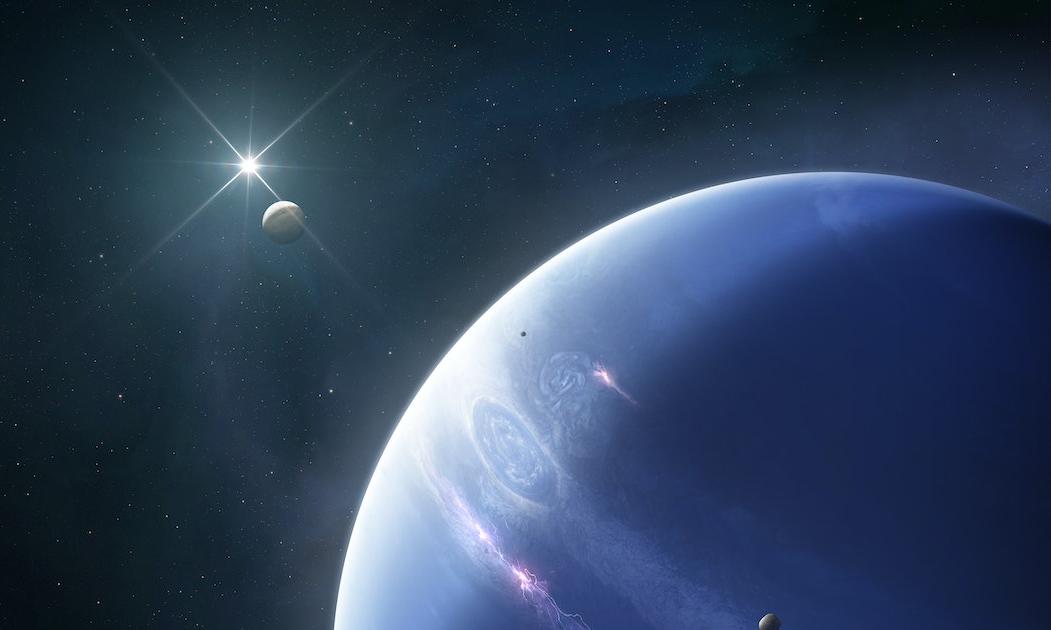
Astronomers observe mysterious disappearance of Neptune's clouds
text_fieldsAstronomers have unveiled a captivating revelation, shedding light on the enigmatic vanishing act of clouds on Neptune, the icy giant residing at the outer fringes of our Solar System.
The Hubble Space Telescope, in collaboration with the W. M. Keck Observatory and the Lick Observatory, has chronicled this extraordinary phenomenon over three decades.
Researchers, spearheaded by the University of California (UC) Berkeley, have established an enthralling connection between Neptune's fluctuating cloud abundance and the 11-year solar cycle, driven by the ebbs and flows of the Sun's magnetic fields.
In a ground-breaking study, UC Berkeley's team, led by emeritus astronomy professor Imke de Pater, deciphered a compelling pattern in Neptune's cloud dynamics. They observed the once-dominant mid-latitude clouds dwindling notably in 2019, a spectacle that startled even seasoned astronomers.
"We essentially saw cloud activity drop within a few months," remarked de Pater. Four years later, recent images captured in June demonstrate that the clouds have yet to reclaim their former grandeur.
The investigation hinged on the analysis of data spanning decades. Keck Observatory's images from 2002 to 2022, coupled with Hubble's archival observations dating back to 1994 and data gleaned from the Lick Observatory between 2018 and 2019, provided the bedrock of evidence.
A revelation surfaced when the researchers aligned Neptune's cloud cover fluctuations with the solar cycle, a cyclic metamorphosis of the Sun's magnetic field that transpires every 11 years, characterized by heightened sunspot activity and solar flares.
The team's ingenuity led them to postulate a riveting hypothesis that solar storms, intensifying ultraviolet (UV) radiation across the solar system, could play a pivotal role in Neptune's cloud dynamics.
A tantalizing connection was discerned: approximately two years after the solar cycle's zenith, Neptune's cloudy shroud thickens, and its brilliance is augmented as the sunlight dances off the icy expanse. "Our findings support the theory that the Sun's UV rays, when strong enough, maybe triggering a photochemical reaction that produces Neptune’s clouds," said de Pater.
However, the researchers also underscored the need for further exploration, considering that heightened UV exposure could paradoxically cast a shadow, diminishing Neptune's overall luminosity.























